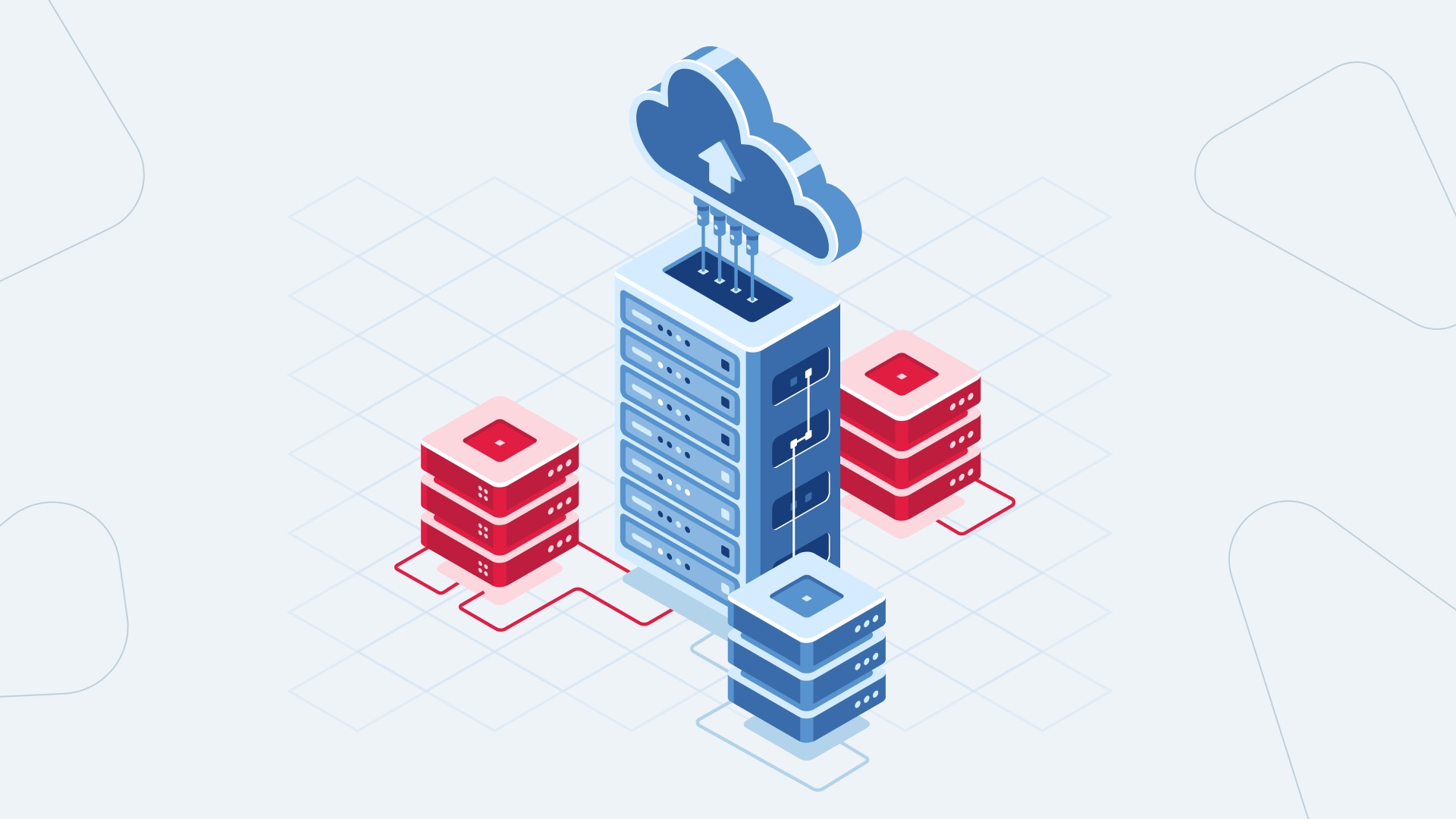Forward-thinking companies are migrating their services to the cloud because of the advantages it offers. Today we will introduce the concept of the public cloud and its benefits.
A look at the technological developments
Surely you know many cases of companies that have opened their business online and have developed technologically. Here I would like to show an illustrative example of the technological development of companies in order to better understand the term cloud.
In the early days of the Internet, many companies launched their own website or online shop, initially installed on personal computers (PCs).
The company experiences increasing sales and it is decided to expand the PC by purchasing a larger computer, called a server, to support the growth of online sales. As sales increase, more servers need to be purchased, which are housed in a cabinet called a rack, usually in an air-conditioned room with a good internet connection.
The company continues to grow and it is decided to buy several server cabinets and combine them into one or more large facilities equipped with communication, security, cyber security and cooling systems. This is what is now called a DPC or data processing centre.
A DPC houses all the server-based computers that can run programmes and store information (company data, images, documents, etc.).
In all this technological development, companies are emerging that specialise in “data centres”, offering the possibility of moving an entire online business to their data centre for a fee for the use of servers, storage of information, data transfer, etc.
These companies that run data centres have evolved in such a way that renting a server for an online shop, renting storage space for your photos or for your company’s backups has become as easy as a few mouse clicks for the end user to get the service they want. And that is what is now called the cloud.
Introduction to the Public Cloud
There are different types of clouds:
- Private: a company internally manages all its servers, which are housed on its own premises.
- Public: the companies that are specialised cloud providers.
- Hybrid: connection between the previous two.
The best-known public cloud providers are Microsoft Azure, Google Cloud and Amazon Web Services (AWS). Each of these companies has multiple data centres around the world from which storage and computing services are offered.
The reasons for a company to move its servers to a cloud provider are as follows:
- Cost reduction: The cost of DPC, rent, skilled staff, obsolete hardware, security and cyber security systems, regulatory compliance and other costs are reduced.
- Pay-per-use: You only pay for what you use and for the time you use it.
- Flexibility: Resources can be made available quickly and flexibly, depending on current needs. We can grow or shrink our business as needed.
- Availability: Permanent access from anywhere in the world, with a guaranteed availability of 99.9%, as well as data redundancy and disaster recovery.
- Compliance: Compliance with all regulations is guaranteed and carried out by the cloud provider (RGPD, ISO 27001, HIPAA, FedRAMP, SOC1, SOC2….)
q.beyond Ibérica
This new cloud era has opened new niche specialisations and synergies that WATA Factory and q.beyond are addressing from our Cloud Competence Centre to respond to business needs with a multidisciplinary, multinational and multicultural team specialised in Cloud Azure, Google Cloud Plattform and Amazon Web Services.
q.beyond Ibérica was created with the aim of supporting specialised cloud projects, such as migrating data centres to Azure Cloud, migrating digital enterprises from traditional providers to the public cloud, or even specialised services in Google Cloud Kubernetes.
All with the commitment of cloud professionals, with the experience of WATA Factory and q.beyond and above all with the best customers on the German market.


